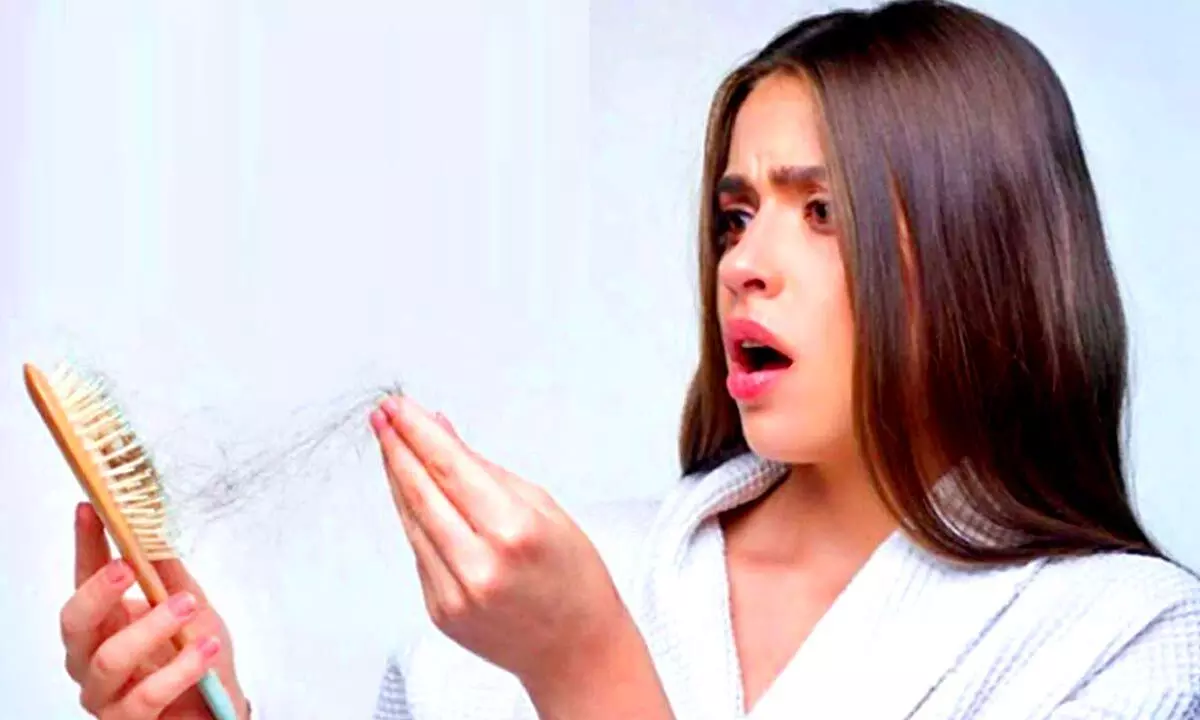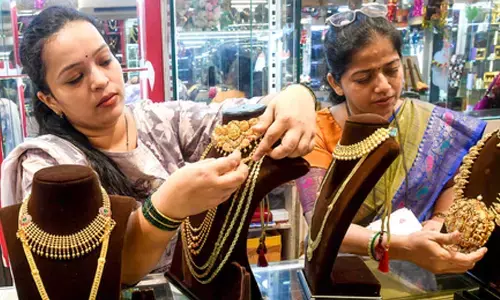The untold emotional struggles of women battling PCOS-related hair loss

Among 150,000 women with hair-related issues, 30% were diagnosed with Female Pattern Hair Loss (FPHL), and nearly 90% of these women aged 18-36 were also diagnosed with PCOS. For many, the discovery of PCOS only happens after seeking help for hair loss, highlighting a critical gap in awareness
Riya was just 28 when she noticed the first signs. What began as a few extra strands on her pillow soon turned into clumps of hair swirling down the shower drain. As her hair thinned, so did her confidence. She found herself avoiding mirrors, dreading social gatherings, and feeling a profound sense of loss—not just of her hair, but of her identity. For Riya, and countless women like her, the struggle with Polycystic Ovary Syndrome (PCOS) wasn’t just about irregular periods or weight gain; it was about the silent, heartbreaking erosion of her self-esteem as her hair slowly slipped away.
COS and the Battle Within
Polycystic Ovary Syndrome, or PCOS, is the most common endocrine disorder affecting women, yet its effects are often misunderstood or overlooked. While the physical symptoms like weight gain and menstrual irregularities are well-known, the emotional scars left by PCOS are less visible. Among the most devastating of these is hair loss—a symptom that strikes at the very core of a woman’s identity and femininity.
For many, PCOS-related hair loss is not just about the physical appearance. It’s about the emotional and psychological toll it takes, as it chips away at self-confidence and breeds feelings of shame and anxiety. The slow, insidious nature of female pattern hair loss (FPHL) makes it even harder to bear. Unlike the more recognized male pattern baldness, FPHL doesn’t lead to bald spots but a gradual thinning that can feel like a silent thief, stealing a woman’s sense of self, strand by strand.
The Hidden Epidemic
Despite being a common symptom of PCOS, hair loss often goes unrecognized, even by those suffering from it. A recent study by QR678 titled “Uncovering the Hidden Link: PCOS and its Impact on Hair Thinning and Loss” revealed that among 150,000 women with hair-related issues, 30% were diagnosed with Female Pattern Hair Loss (FPHL), and nearly 90% of these women aged 18-36 were also diagnosed with PCOS. For many, the discovery of PCOS only happens after seeking help for hair loss, highlighting a critical gap in awareness.
This delay in diagnosis not only prolongs the emotional suffering but also complicates treatment. Hair loss, often dismissed as a cosmetic issue, is actually a daily reminder of the chronic struggle with PCOS—a reminder that can lead to anxiety, depression, and social withdrawal.
The Vicious Cycle
The emotional impact of hair loss is compounded by societal pressures and beauty standards that equate femininity with a full head of hair. Women facing this issue may feel isolated, less feminine, and even ashamed, leading to a withdrawal from social activities and relationships. The stress and anxiety of losing hair can further exacerbate PCOS symptoms, creating a vicious cycle that affects both mental and physical health.
A Multifaceted Approach
Addressing PCOS-related hair loss requires more than just medical treatment; it demands a holistic approach that acknowledges the emotional and psychological toll it takes on women. Lifestyle changes like diet and exercise can help manage the underlying causes of PCOS, but when it comes to hair loss, targeted treatments are often necessary.
Emerging treatments like QR678, a proprietary formulation that promotes hair regrowth and improves hair density, offer hope. Other options like low-level laser therapy and platelet-rich plasma (PRP) treatments are also available. However, the most important aspect of treatment is recognizing the emotional burden and ensuring that women receive not just medical care, but emotional support as they navigate this challenging journey.
PCOS is a complex disorder that impacts far more than just physical health. The emotional toll of symptoms like hair loss highlights the need for greater awareness, early diagnosis, and comprehensive treatment strategies. By bringing this issue to the forefront, we can ensure that more women like Riya receive the care and support they need, not just to manage their symptoms, but to reclaim their sense of self and confidence.
(The writer is a, Dermatologist, HK Permanent Makeup Clinic)








